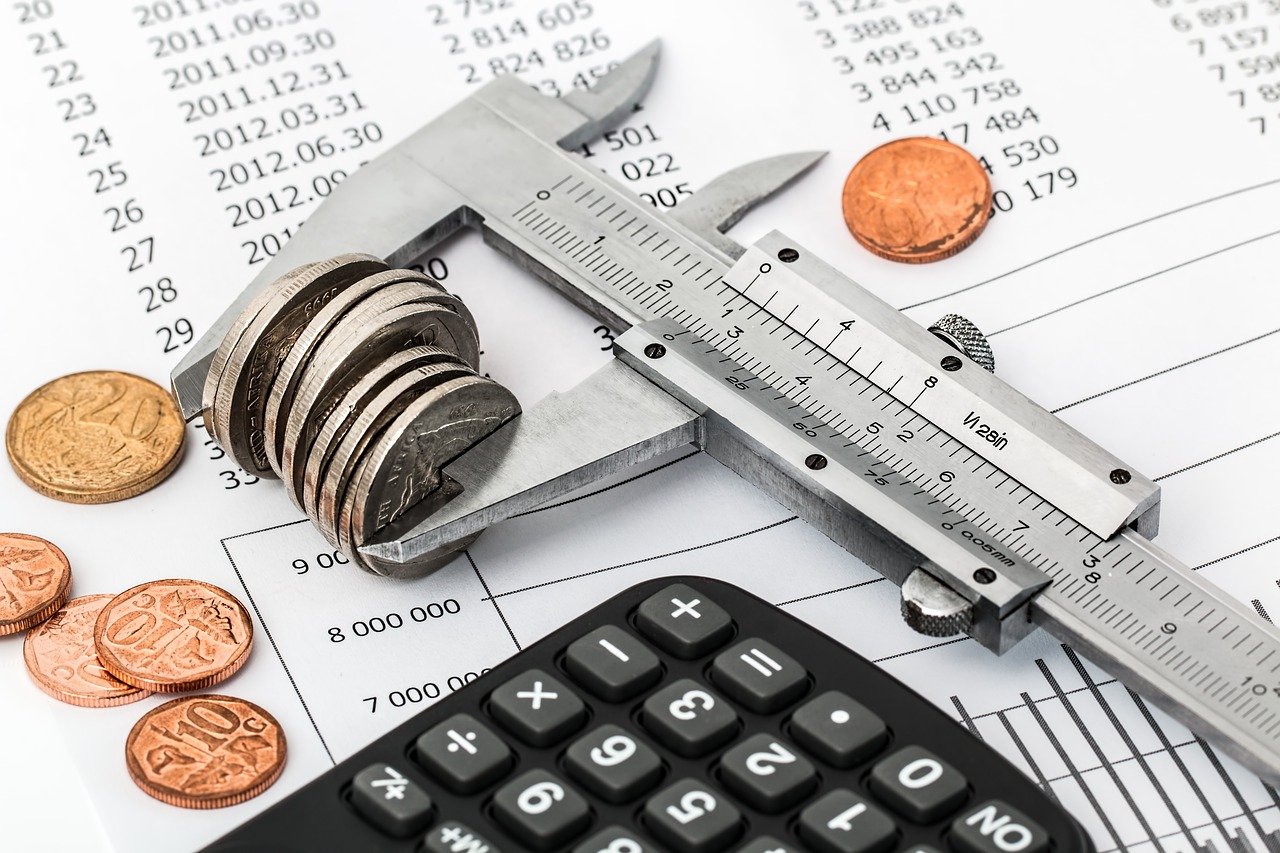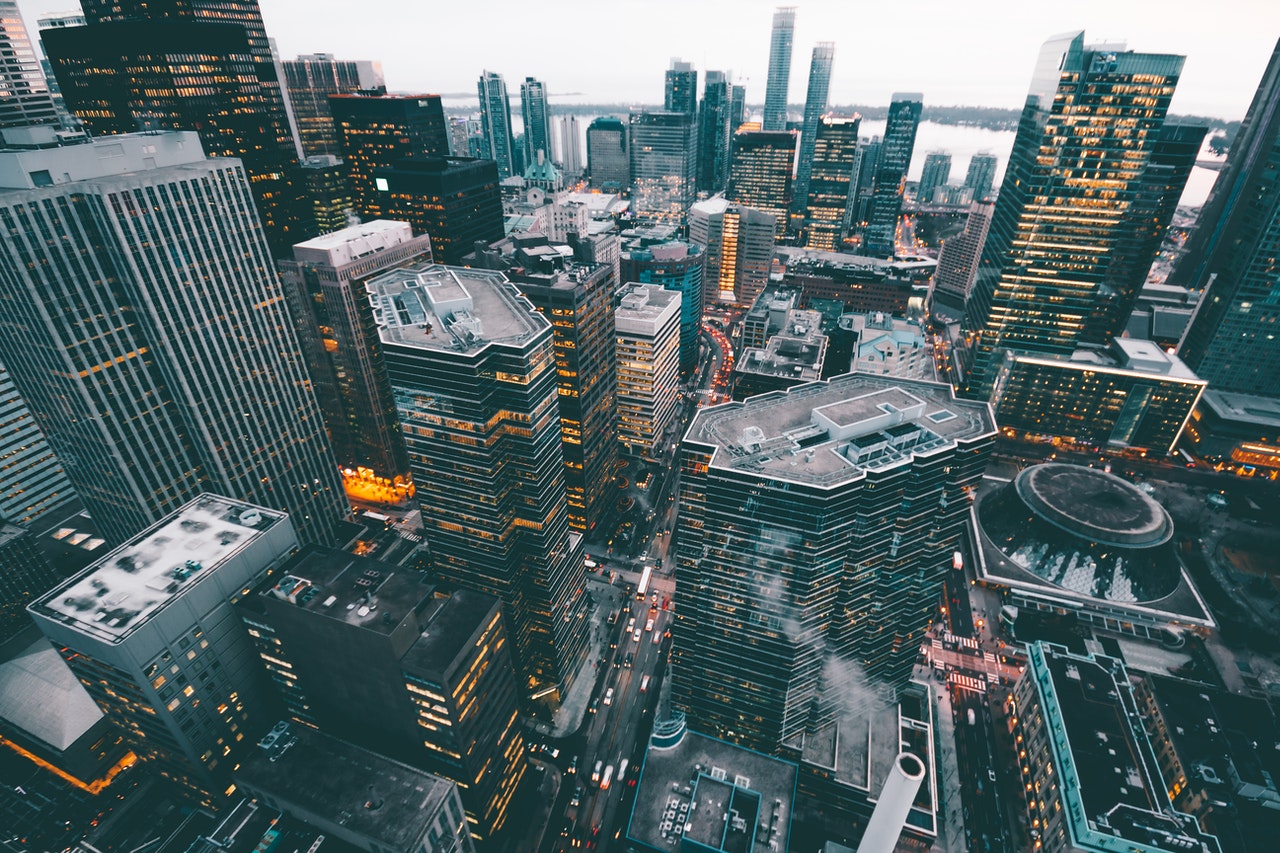For billionaires, global lockdowns have generated tremendous amounts of money — particularly for Amazon’s founder and CEO Jeff Bezos who added $13 billion to his net worth in one day in August. Bezos’ net worth is roughly $190 billion, which equates to about £170 billion, earning the annual salary of his lowest-paid employees in several seconds. There is a lot of discussion on the news and social media at the moment, with users on TikTok counting out grains of rice to put billionaire wealth into perspective.
Billionaire wealth has grown at an exponential rate over the last few years, with the wealth gap widening. According to the Guardian, from March to July of this year, 100 American billionaires who pledged to donate some of their money to charity saw their total wealth increase $214 billion, which equates to an increase of 28 per cent in only four months.
Although there are billionaires who donate millions, their donations are minuscule in comparison to their continuous growing wealth. Of 62 pledgers who were billionaires in 2010, their personal wealth has risen by 95 per cent, from $376 billion to $734 billion in 2020 dollars. Wealth hoarding is having a detrimental impact on the world, particularly as in 2018, the UK was rated the fifth most unequal country in Europe due to huge income disparities and people living in poverty. Poverty shouldn’t exist in some of the world’s richest countries.
So, what could billionaires actually do if they spent their wealth? Here, we’ll explore what global crises a multi-billionaire could contribute towards remedying, how much this would cost, and how much would be left over.
Firstly, how much is a billion?
It’s important to understand how much exactly a billion is worth.
If you wanted to have a million pounds today, you would have to have saved £100 every single day for the last 27 years. So you’d have to have started saving in 1993.
If you wanted to have a billion pounds today, you would have to have saved £100 every single day for the last 27,397 years. So, you would have to have started saving in the latter stage of the Middle Paleolithic period, when sadly, we had not developed currency.
To have Bezos’ wealth in your piggy bank today, you’d have to save £100 every day for the last 465,753 years. So, starting even further back into the Lower Paleolithic period.
Of course, people argue that billionaires should be able to do whatever they want with the money they’ve earned. But often, billions of pounds are accumulated through exploiting workers and doing things cheaply which could have negative impacts on the environment and biodiversity.
Which world issues could we spend £170 billion on?
For argument’s sake, let’s pretend we have £170 billion to spend, and figures are based on estimates from research. Where shall we start?
Save Australia’s Great Barrier Reef
Issue: The Great Barrier Reef is currently facing the worst bleaching event in history from rising ocean temperatures, impacting over 90 per cent of biodiversity and killing more than one-third of corals. When coral is stressed it expels algae and turns white, and if left can perish.
Cost: Around £5 billion over ten years.
Remaining wealth: £165 billion.
Reduce risk of vulnerable animals becoming extinct
Issue: Establish conservation projects to reduce the possibility of extinction for all threatened species and establishing and maintaining protected areas at risk from habitat loss, hunting, and other human activities.
Cost: Around £50 billion every year.
Remaining: £115 billion.
End homelessness in the UK
Issue: Stop people sleeping rough or being forced to live in dangerous or transient accommodation, emergency accommodation, and stop people being homeless after leaving a state institution or care system.
Cost: £10 billion over ten years.
Remaining: £105 billion.
Give farmers an average worker in the UK’s life wage
Issue: There are millions of farmers who produce many important ingredients for the things we love, like coffee beans for organic coffee, cacao for chocolate which can be used for Fair Trade easter eggs. Let’s pay them the price they deserve for their produce, and challenge companies who don’t. For example, the average price paid on the New York C coffee exchange for non-Organic, Fairtrade coffee beans is 71p, for non-Organic, non-Fairtrade is significantly less, but the price for Traidcraft’s 100% Transparent, fair trade, Organic coffee is £1.32, going directly to the growers. The cost of average UK salary of £25,000 for a year.
Cost: £25 billion.
Remaining wealth: £80 billion.
End slavery
Issue: Liberate and reintegrate the 40 million people who have been taken as slaves across the world.
Cost: Around £27 billion.
Remaining wealth: £53 billion.
Overall, a billionaire with a net worth of £170 billion could fix all the issues listed above and have £53 billion left over — a crazy thought considering £1 billion was donated to Paris’ Notre-Dame after it was damaged by fire.
Sources
https://qz.com/work/1410621/jeff-bezos-makes-more-than-his-least-amazon-paid-worker-in-11-5-seconds/
https://www.theguardian.com/commentisfree/2020/aug/03/billionaires-pandemic-giving-super-rich
https://www.uwe.ac.uk/about/values-vision-strategy/sustainability/fairtrade-facts-and-benefits
https://www.mirror.co.uk/news/uk-news/average-earnings-brits-you-live-11953762







